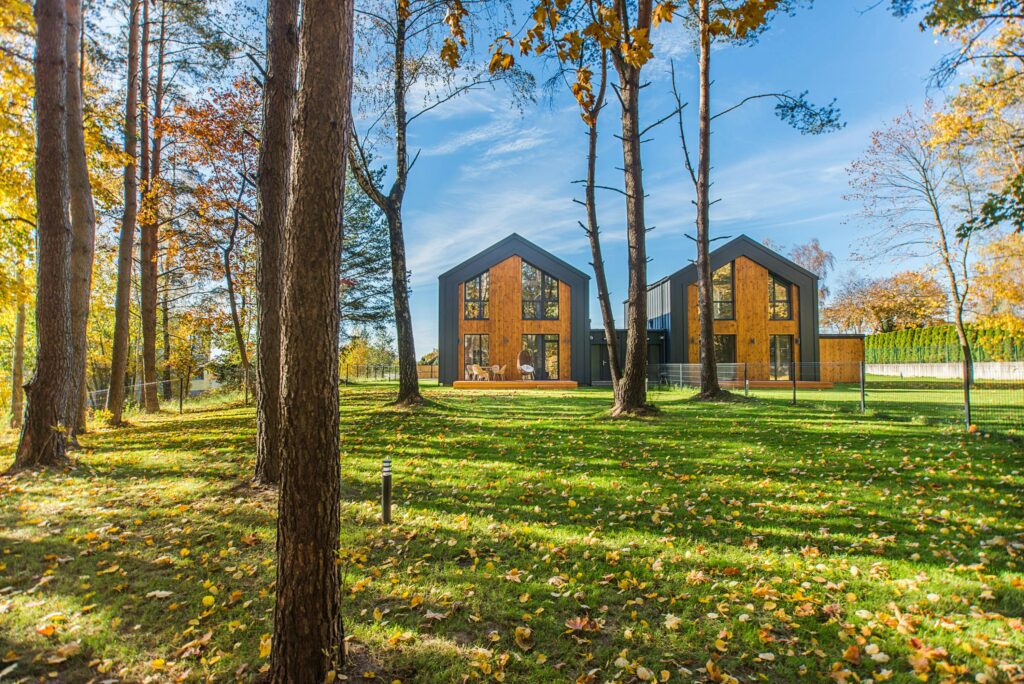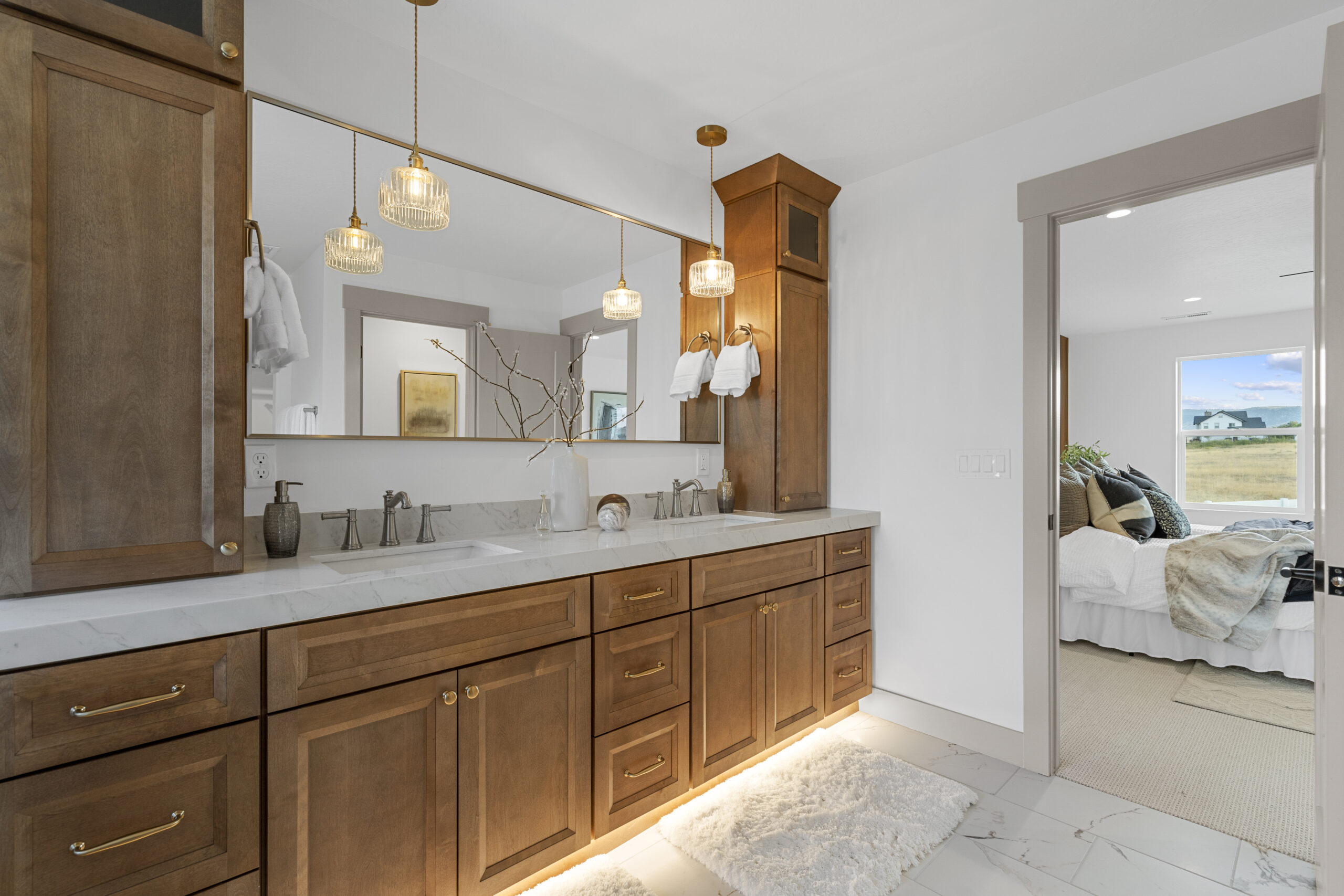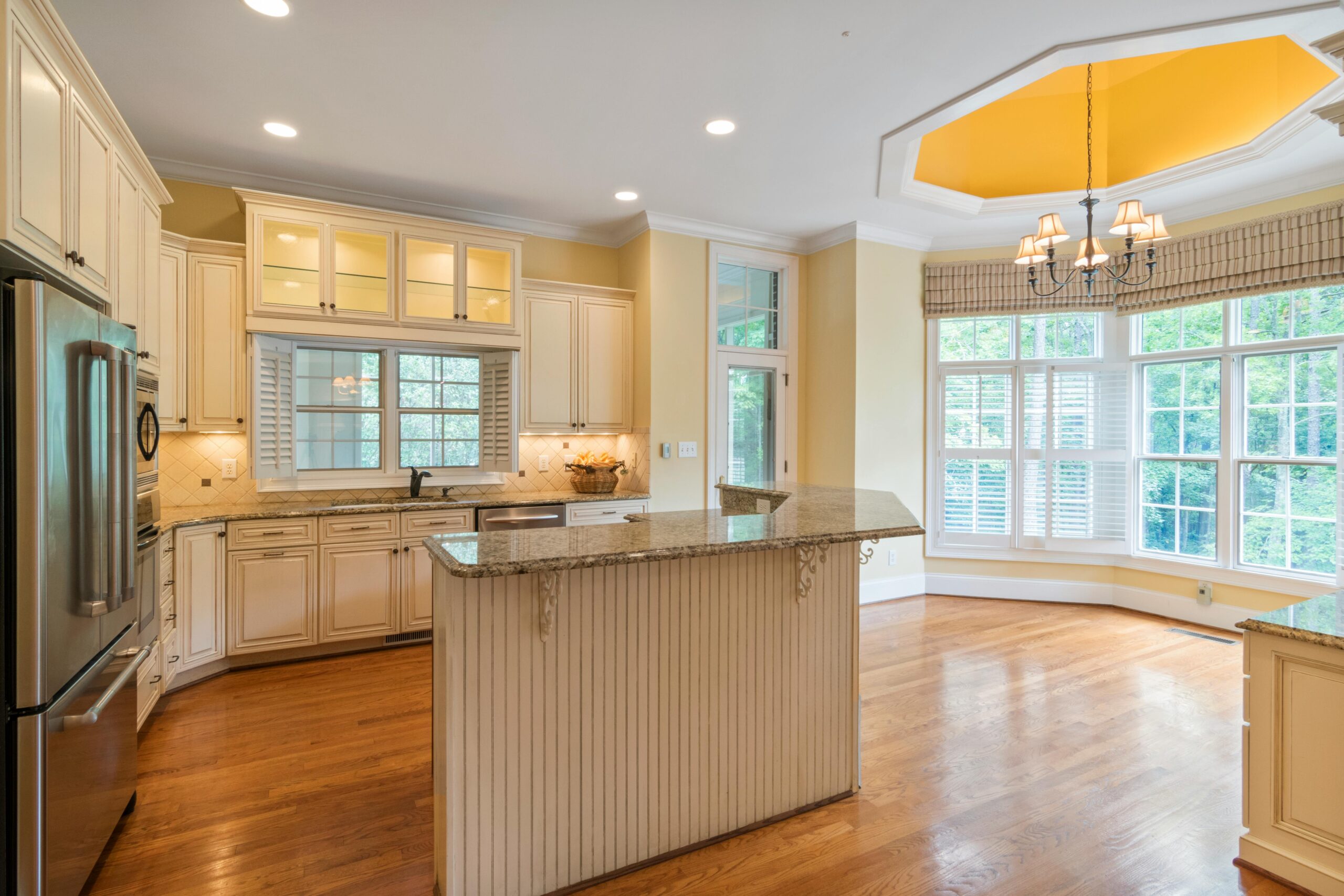Building a custom home in Utah is more than just constructing walls and a roof. Your dream home is a reflection of your lifestyle, whether that means scenic views, modern layouts, or personalized luxury touches. One of the first questions most homeowners ask is: how much does it cost to build a custom home? Read more to find out! Understanding your budget and how it translates into real features is the first step toward making your dream a reality.
In Utah, every choice matters. From the land you select to the finishes you choose, each decision impacts your overall cost, construction timeline, and long-term satisfaction. Working with experienced home builders ensures your investment maximizes both style and functionality.

Understanding the Costs of Building a Custom Home
The average cost of a custom home in Utah varies widely depending on location, home size, and materials. Land costs are a major factor. Mountain retreats, suburban lots, and lakeside plots each come with different price tags. Preparing the land for construction can also add to your upfront costs.
Construction costs include labor, building materials, contractor fees, and permits. Larger homes or complex floor plans naturally increase the total cost. Energy-efficient features, smart home technology, and luxury finishes also contribute to higher costs but add long-term value.
Additional costs such as architectural design, engineering, and inspections can affect the final number. Prospective homeowners should plan for these upfront costs to avoid surprises during the building process.
Working with a professional custom home builder helps you understand these expenses in advance and plan accordingly. Learn more about our approach at Roots Builders Custom Home Builds.
Breaking Down the Budget
When budgeting for your custom home, it’s important to break costs down into categories:
- Land cost – The price of your plot plus site preparation.
- Construction cost – Labor, materials, and contractor fees.
- Permit costs – Local building permits and inspections.
- Material cost – Flooring, cabinetry, countertops, fixtures, and finishes.
- Labor cost – Skilled tradespeople, subcontractors, and specialized labor.
Understanding these categories allows homeowners to prioritize what’s most important in their dream home. For example, if your priority is high-end finishes in the kitchen and living areas, you may choose more cost-effective flooring or cabinetry elsewhere.

How Home Size and Layout Affect Cost
The size of your home directly influences your overall cost. Larger homes require more materials, more labor, and longer construction timelines. But it’s not just about square footage. Layout complexity, number of bedrooms and bathrooms, and custom features like vaulted ceilings or open-concept spaces all play a role.
Many prospective homeowners also underestimate the impact of specialized features such as home offices, gyms, or theater rooms. These add to the total cost, but also increase the functionality and long-term value of your custom home build.
New Construction vs. Renovation
Some homeowners consider building a new home versus remodeling an existing home. While renovating may seem cost-effective, unexpected issues in older homes can escalate costs. New construction allows you to control the design, materials, and layout from the start.
Choosing new construction means modern energy-efficient systems, tailored layouts, and fewer maintenance concerns. For long-term value, building a custom home often provides a better return on investment compared to extensive renovations of an existing home.
Materials and Construction Choices
Building materials impact both cost and longevity. For example, high-end stone, hardwood, and energy-efficient windows increase the construction cost, while more standard finishes reduce it. Selecting durable, low-maintenance materials in high-traffic areas balances your dream home vision with practicality.
Many homeowners underestimate how labor choices affect costs. Skilled tradespeople may charge more upfront, but ensure quality and reduce long-term maintenance issues. Your home builder can guide decisions that balance aesthetic appeal, cost, and longevity.
Permits, Inspections, and Additional Costs
Permits and inspections are often overlooked in the initial planning stage. A building permit is required for all new construction, and inspections ensure safety and compliance with local building codes.
Additional costs may include site surveys, engineering reports, landscaping, and utility hookups. Planning for these items ahead of time helps prevent budget overruns and ensures the project stays on track.
Financing Your Custom Home

Prospective homeowners often explore financing options such as construction loans, home equity loans, or a combination. Understanding financing early allows you to calculate upfront costs and plan for monthly payments.
Working with a knowledgeable home builder can help you navigate financing options and provide realistic cost estimates for your custom home building project.
Maximizing Value Without Overspending
Prioritize high-impact areas for your custom home to maximize value without overspending. Kitchens, bathrooms, and main living spaces have the greatest impact on everyday enjoyment and resale value.
Some tips include:
- Focus on areas that affect daily living and long-term value.
- Combine luxury finishes with durable, cost-effective materials elsewhere.
- Ensure your layout makes efficient use of living space.
Investing in professional interior design services can help you make these choices wisely. Learn more at Roots Builders Interior Design Services.
Partnering With Experienced Builders

Choosing the right home builder is critical. Skilled luxury home builders in Utah guide homeowners through design, permitting, and construction. They ensure that timelines, budgets, and quality standards are met.
A knowledgeable builder helps prevent costly mistakes, suggests smarter alternatives, and ensures your dream home becomes a reality. Ready to start? Schedule a consultation to discuss your vision and budget.
Bottom Line
Building a custom home in Utah is a chance to create a space that reflects your lifestyle, priorities, and personal taste. While costs vary depending on land, home size, materials, and finishes, understanding average cost, planning for additional costs, and partnering with the right custom home builder ensures your dream home is achievable.
The journey from blueprint to move-in requires planning, communication, and expert guidance. With thoughtful decisions and experienced home builders, your custom home becomes more than a vision—it becomes a smart investment and a place to call your own. Start your journey with Roots Builders.


